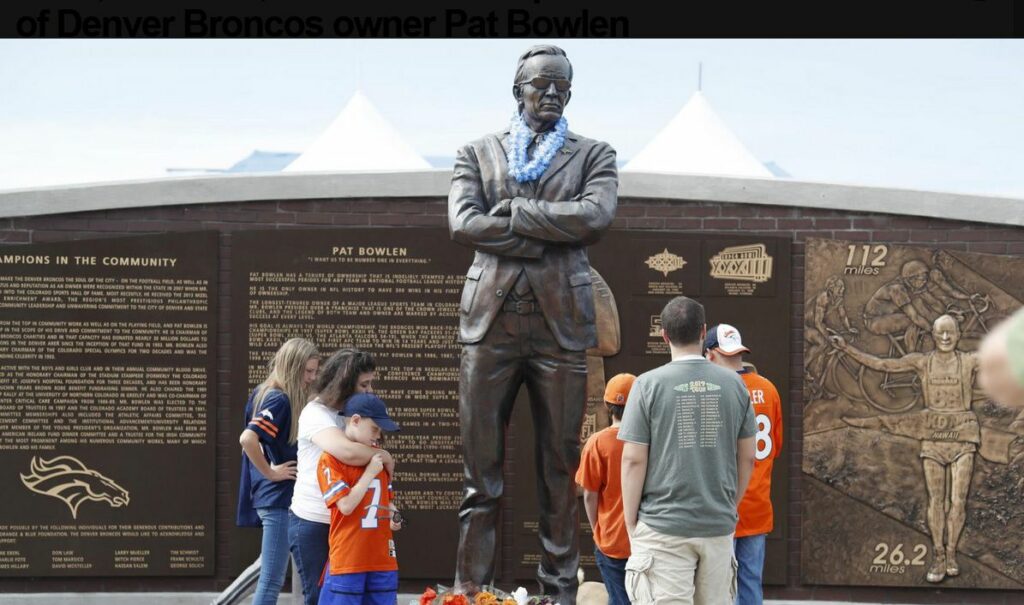Latest complaint by GOP dissident draws skeptics, fuels doubts about campaign law
Matt Arnold is about as popular as Hillary Clinton in some Colorado Republican circles. Sure, he’s a member of the party himself, yet the maverick activist is responsible for filing more campaign-finance complaints than anyone else under Colorado’s 14-year-old law on the subject – and a whole lot of those efforts have been directed at his own tribe.
The tally of court actions by Arnold and his Campaign Integrity Watchdog LLC in fact tops 50, according to a hard-hitting article last month in Reason magazine. That makes him the poster child – the authors and others contend – for reforming a state law that invites abuse. Arnold’s assorted Republican critics question his true motives, noting his complaints often are based on procedural and inconsequential paperwork errors rather than real financial irregularities. Yet, defending against them is time-consuming and runs up costly legal bills. Even trivial infractions can result in thousands of dollars in penalties because of the cumulative way in which fines are calculated under the law – and Arnold’s penchant of waiting until the clock almost has run out before lodging his complaints.
Now, Arnold is at it again. He has filed an action with the secretary of state against the El Paso County Republican Party – the state’s largest – over what its chairman says are a handful of unintentional, minor omissions on routine disclosure forms. The county party had neglected to cite the occupations of five individual donors to the party last year. Critics suggests such hair-splitting raises questions about Arnold’s real intentions.
“These aren’t campaign finance violations. They’re clerical errors,” said county chair Jeff Hays. “Because of the amount of money we raise and the amount of information we’re required to report, one of our campaign finance spreadsheets last year contained 50,000 data cells. Of those …five mistakes have been alleged.”
Asked via email whether the basis of his complaint was more substantive or clerical, Arnold, responding via email, at first dismissed it as a “clown question.” He then added, “Campaign finance law is, by definition, administrative – neither (or both) ‘substantive’ or ‘clerical.’ Also, as a military officer, Jeff Hays should understand the importance of ‘attention to detail’ – lack thereof can get people hurt.”
It just so happens Hays is running for state Republican chair, and some Republicans are wondering if Arnold’s real game is to tilt the field to Hays’s opponent for the state party’s top job, George Athanasopoulos, who unsuccessfully ran for incumbent Democrat Ed Perlmutter’s 7th Congressional District seat last fall.
Asked this week if he thought Arnold was running interference for Athanasopoulos, outgoing state party Chair Steve House, who has crossed swords with Arnold before, said, “I hope not. I think it was clear on a Facebook question-and-answer last week that (if he becomes state party chair) George is considering Matt for a position in the state party.”
House questioned the timing of Arnold’s complaint: “These allegations were known months before. Why now…right when somebody is in the middle of an election?”
Arnold, asked whether he supports Athanasopoulos, replied, “I have no vote in the state chair’s race. Your question is irrelevant.”
As to the timing of his complaint, Arnold said, “The timing of CIW’s filing of complaints is mostly related to resources (especially time) available, circumscribed by the 180-day statute of limitations that applies to prosecution of campaign finance violations. As you know, CIW has been rather busy the past few months.”
Hays and House said the state’s campaign-finance complaint system, adopted by voters in 2002 as part of the sweeping Amendment 27, cries out for reform against attempts to manipulate it for political gain. The law provides for no pre-screening to assess the merit of complaints; they are automatically referred to the administrative court system for adjudication.
“Because of how the law is written, a bad actor is allowed to drag us before an administrative law judge,” Hays said. “The law allows and invites this malevolent behavior and requires perfection from an organization without a compelling rationale for such unrealistic standards. As Reason pointed out just a few days ago, the law must be changed to prevent the stifling of free speech.”
House added: “Why do we allow these simple documation errors to cost tens of thousands of dollars in legal fees? Those are simple, unintended mistakes. The state legislture or someone needs to change this law and how it works.”
Per standard procedure, Arnold’s complaint has been referred to the state Office of Administrative Courts, which has scheduled a hearing for Wednesday at 9 a.m.











